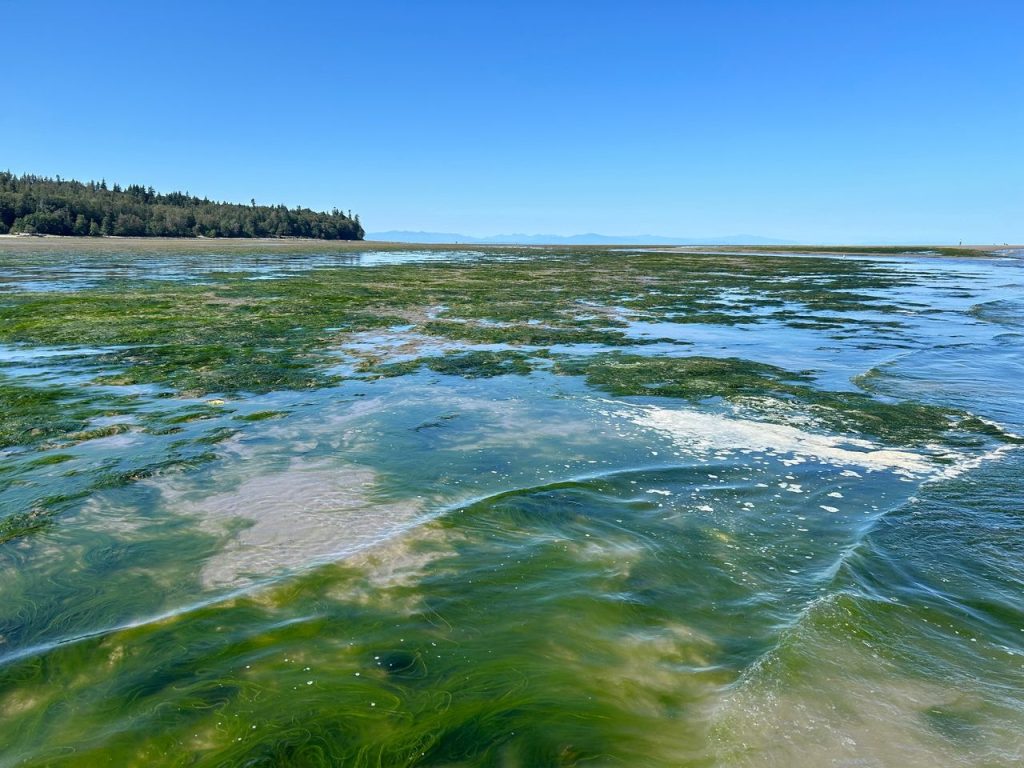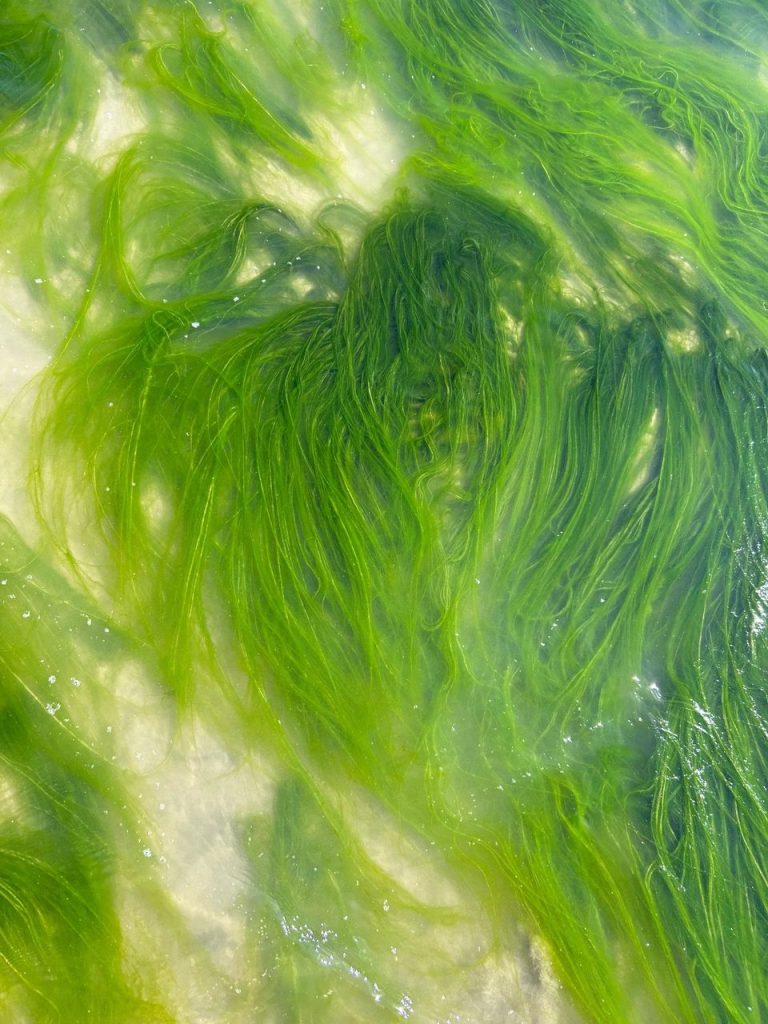Still Summer

Mid-afternoon, such a hot July, I crawl into my cool, dark bedroom, check messages, and one comes through, electronically: “My wife has died, I know this is late notice but there’s a memorial for her at the mess and I wanted you to know. How are you girl?”
Scramble describes best, finding my black linen dress — a permanent funeral dress it now seems, as I’ve worn it to the funerals of far too many young ones this past year. I splash water on my face, drag a brush through my tangle of post-chem0 hair, drive fast through busy Saturday lanes across the city to Regimental HQ in a city almost an hour away. Too late, too late, buzzed into the battalion lines by the duty clerk, candles still burn on a table set with linen outside the door, the door opening to the mess. Inside, familiar food and wine and whiskey, but no J. He left, overwhelmed, overcome, his comrades say. Grief on such a beautiful day in July, it feels extra unfair, extra wrong.
I sign the book of memory, of condolences, flip pages and pages of photographs of that young girl and J, so happy, so happy, on a beach, on a mountain top, all the places young ones should, no must, go to celebrate such aliveness. And now she’s gone. The RSM fetches a glass of port for me, urges me to grab some food (I have no appetite, I eat a single olive), we drink. And I weep. For them both, but especially for J, tall, lanky as I think of him, remember the first time I met him way back at Wainwright in the spring of 2009 before they went over. In the back of a LAV, with a medic, me saddled to DCoy, a rifle company, their mandate to show me what I needed to see, and above all, to keep me, the war artist, alive. Then again, tall in dress uniform at this and at that, him recovering from IED strike, the death of an officer, so much, so much and so young. And now this.
I weep in the mess. It’s one I am familiar with, as once I was a guest speaker for their annual dinner — and I swear I could read the minds of the 40 NCOs as I stood to speak, ‘What the hell is a poet doing here? Just why?‘ — warm polished wood, brass everywhere, framed history on the walls. An officers mess is a place where things are done as they are done, and they are done right. Last time I was in this mess, after speaking, the men jumped up from their seats, clapped loud, long, perhaps with relief that I’d done my homework, consulted the WWI war diaries (a pleasant surprise the Regimental historian later told me), knew more than a little about what it means to go to war, to get dirty, exhausted, to lose, or maybe it meant the dinner was soon over and they could go take a piss (it’s a thing, folks). They then bought me drinks. Too many, I’m afraid, I’m a light-weight. And the adjutant, a Captain, who later drove me home, had to pour me in through my apartment door.
Thinking about all of this, I suppose the poignancy of going to a memorial for a beloved wife, a young wife, lost so impossibly young, is that the officers mess is a place of preparing for/remembering war. War everywhere. It’s its raison d’être. And yet this soldier’s wife, well she had been through wars of her own, his as well as hers, ones she/they had been desperate to win.

The day before the memorial I had gone to Spanish Banks. I’d never seen the tide so far out that I could touch the marker as I did that day. And never had I felt so grateful as on that hot July day.
My mom grew up near there, a poor kid in Kitsilano. She’d had so little growing up, skirting poverty, but she did have the beach, the ocean, the mountains. And dad, a poor kid from Nova Scotia, well he was stationed with the RCAF at Jericho during the war, and always lamented never making it into theatre, so I wore his badge into the war zone, A’stan, back in 2009, fastened to my shirt with a safety pin, under my frag vest, and when landed in Kandahar, I said ‘You made it dad, you made it to war afterall’, tho he’d been long dead. And the day before the memorial for J’s wife, I felt both of my parents as I’ve never felt them anywhere else. And they are young, unencumbered. Theirs is a shimmering of a world of 1942, even in war. Knee deep in the ocean that day, I could feel them with me in the cool waves, and once they were happiness.
Three summers ago, the one I’ll call JA, and Frieda, our dog, well they used to bring me to Spanish Banks in the long hours before I took chem0, sort of like a last supper of wind and water. Every three weeks back then I prepared to be beaten, as with a chemical baseball bat, kneecapped with poisons so toxic the nurses in the c@ncer ward had to wear head-to-toe PPE, the compounds so toxic the nurses never left my side, no not for a second. For an hour, sometimes longer, they injected thick red chemicals into my veins, chemicals the colour of Merlot (but patently NOT Merlot). They would then watched me closely lest the chemicals drop onto my skin and burn me, or breach my veins and k*ll me, lest they caused my organs to cease. The ‘Red D*vil’ they call one of the five dr*gs they gave me. One of the five that k*lled the Stage IV bl00d c@ncer that tried to k*ll me that summer, and then, they were the five dr*gs that almost k*lled me, each round pushing me closer and closer to the edge, landing me in the hospital three times, taking out my lungs as they did (but miracle of miracle, my lungs slowly came back).
Some days that summer, the only summer of my life I did not swim (or was dandled as a baby) in the salt chuck, I was too weak to leave the car and could only watch, longingly, as JA and Frieda made their way across the wide grass to the beach, that black pup, our new dog, wild with excitement as she ran circles towards the surf. And some days I might slowly walk towards a bench, sit and watch dogs roar and biff and splash and nip. Then, later, that autumn and winter, after the torment of my final c@ncer treatment was done, my lungs crept back into me, and I could gather enough oxygen to walk again slowly to the water’s edge where knee deep I cupped my hands, tasted the salt water as I splashed my face and I knew I was going to live. What I didn’t know at the time was how long it would take for me to actually live again.
The day before the memorial for J’s wife, my dog and I walked a kilometre out to the water’s edge and back again. Out there on the edge I took off my clothes and swam while the dog, a mountain dog after all, waded halfway in.
The next day, for J and his beloved wife, I wept.